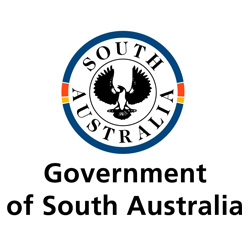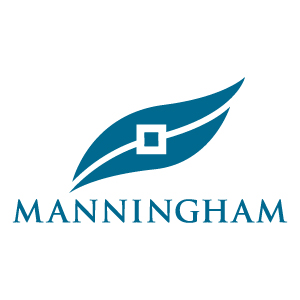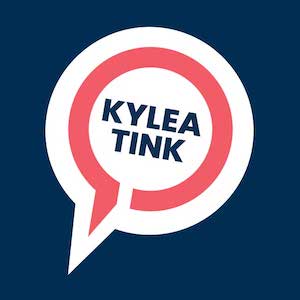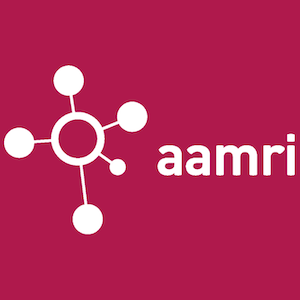The Foundation exists with a goal of finding improvements to how we make trusted public decisions – democratic decisions – which represent the informed general will of the people. To do so, we seek to run practical projects in controversial areas of low public trust and where genuine public discourse is impossible as the topic generates immediate opinions and likely is an ‘electoral tripwire’. The opportunity to test a process on the topic of the Nuclear Fuel Cycle is a near perfect test environment for this.
At the core of this project is the idea that there is a tradeoff worth exploring, and that it is worthwhile seeking to find public judgment rather than responding to public opinion.
We ask people to note that the policy area is one where there is no “right” answer, merely one that people can live with. Equally, we suggest it is an area where all courses of action draw criticism: decide not to explore the opportunity and one is a slave to opinion polls and protesters; decide to explore it and one is not listening to the community and is slave to donor and industry interests. As such, the opportunity exists to see whether a methodology giving a significant role to randomly selected everyday people can lead to a more trusted public decision.
The Engagement Strategy takes a position that two problems exist with any potential engagement:
- Nobody reads Royal Commission reports.
- Most people think that engagement feedback being assessed within government is done by those who already have an answer fairly firmly in mind.
To counter this, the first jury of 50 randomly selected people is there to set the agenda and identify the most important parts of the Royal Commission everyone in South Australia should consider. They essentially called out a few pages of ‘cheat notes’ to create a much more accessible way for people to begin to explore a 318 page report. Critically, were a summary guide to be produced by government, the business sector or environmental groups most people would feel they might be being “sold something” by people with an agenda. A diverse random group gets us beyond that.
Looking at the second challenge, we assembled a second jury process of 350 who will use the Royal Commission report and draw on all the feedback received from the wider community engagement to make a recommendation to the Government as to whether they want to see the state continue to pursue opportunities related to the Nuclear Fuel Cycle. A key benefit is that a random jury have greater freedom to synthesise and assess the relative merits of particularly pieces of feedback rather than be a slave to raw numbers or simplistic form letter campaigns.
Our goal for success is singular: does the wider public look back and think “That was fair enough. Whether or not I agree with the decision the process was open and my voice was heard.”
The first stage of the project ran from May through November 2016, and results in a gateway decision as to whether or not there is broad social consent to continue to pursue opportunities related to the Nuclear Fuel Cycle.
Further Information
Final Report SA Citizens Jury on Nuclear Waste
Deliberation Workbook for Citizens Jury 2 on Nuclear Waste Storage – produced by NDF and Jefferson Center
Citizens Jury – Nuclear Fuel Cycle Final Report – Raw Final Text – Sunday July 10th 4pm
Decision Jury newDemocracy Foundation Process Design June 2016
Proofed Nuclear Fuel Cycle Final Report (Jury Requested) Monday July 11th
Citizens Jury – Nuclear Fuel Cycle Final Report – Final Jury Approved Design July 12th
Advice to DPC by NDF – Nuclear Fuel Cycle Community Stakeholder Engagement Strategy – May 2016
Invitation that was sent out to randomly drawn households
Process Design Outline – Methodology Advice to DPC for Citizens Jury 1 (Agenda Jury) – April 2016
In the Media
The Age, 18 November 2016. The greatest underused asset in politics is people; ignore them at your peril. Luca Belgiorno-Nettis
inDaily, November 11 2016. DUMPED: Nuclear repository “dead” as Marshall draws election battleline
inDaily, November 7 2016. Nuclear citizens’ jury: five surprising things
newmatilda.com, 13 October 2016. Maybe New Matilda Is Not The Publication For You…?
The Advertiser, 28 July 2016. SA’s nuclear debate: Choosing a waste storage site would take years and require extensive consultation.
The Advertiser, 28 July 2016. SA’s nuclear debate: How the citizens’ jury will work
The Advertiser, 28 July 2016. SA’s nuclear debate: How the citizens’ jury will work
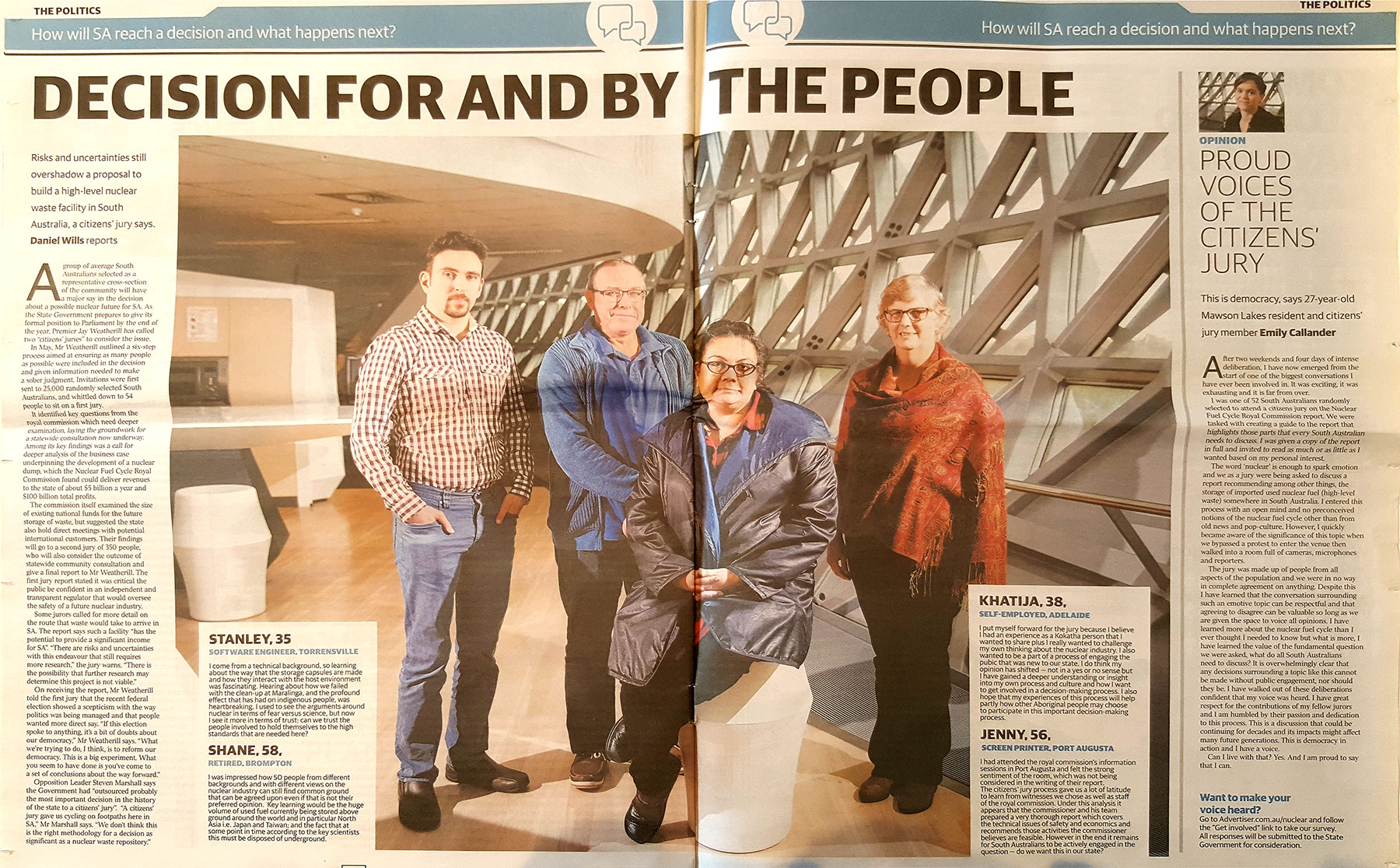
InDaily, 23 June 2016. A Businessman, an environmentalist and an oncologist walked into a citizens’ jury.
The Lead, 22 June 2016. Citizens Driven governing to shape nuclear waste future
InDaily, 20 May 2016. Weatherill is right to seek a “social licence” on nuclear industry
Video Gallery
The Citizens’ Jury in the News
Citizens’ Jury Livestream Clip: Premier’s Speech and Q&A. (Source: YourSAy Nuclear YouTube)
Move videos from this Jury can be found HERE.

